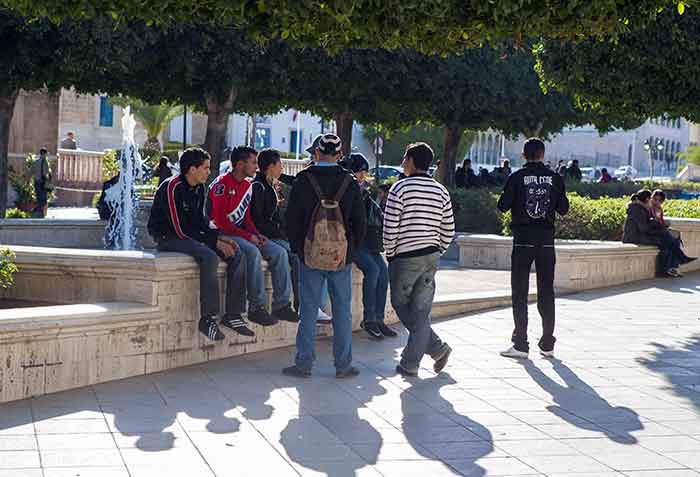web_tunisiastudents_shutterstock_290889734.jpg

A group of students in Tunisia. Youth unemployment in the country - a key factor in the unrest in 2010 - remains at at least double the overall unemployment rate, which hit 15.6% in 2016.
Tunisia has a programme with the fund worth a total of $2.83bn over four years, which aims to reduce the country’s debt and deficit, contain inflation and foster job growth.
In total, the country has secured over $8bn in loans in its bid to get a grasp of the economy and finally deliver the promises of the country’s revolution: unemployment, especially among the youth, is soaring, and the country’s economy is worse off than before.
Mitsuhiro Furusawa, IMF deputy managing director and acting chair of the fund’s executive board, said the country’s government remains “firmly committed” to that mission.
“[The authorities] plan to intensify their policy effort to overcome slower growth and delays in implementation,” he said, noting they are targeting gradual debt reduction while also increasing investment and social spending.
He urged the government to implement tax reforms, including the introduction of a VAT in 2018 and large taxpayers’ unit to make it easier for businesses to pay, and welcomed plans to reform the civil service – and cut its wage bill, with that of the public sector worth 13.5% of GDP.
With the budget deficit actually expected to widen this year, thanks to higher fuel costs and the decline in the value of Tunisia’s currency, the dinar, the government is under pressure to bring such costs down.
Furusawa said there was also a need for measures to ensure pension sustainability and room to improve the management of public enterprises.
He warned that further hikes to interest rates may be warranted if inflation continues to rise. These are already at their highest in more than five years after the central bank raised them by 25 basis points, to 5%, in May.
Furusawa also commended government commitments to improve governance and the business environment by establishing an anti-corruption authority and other new institutions.
Donor support, he continued, will remain critical as the country pursues its reform effort.












